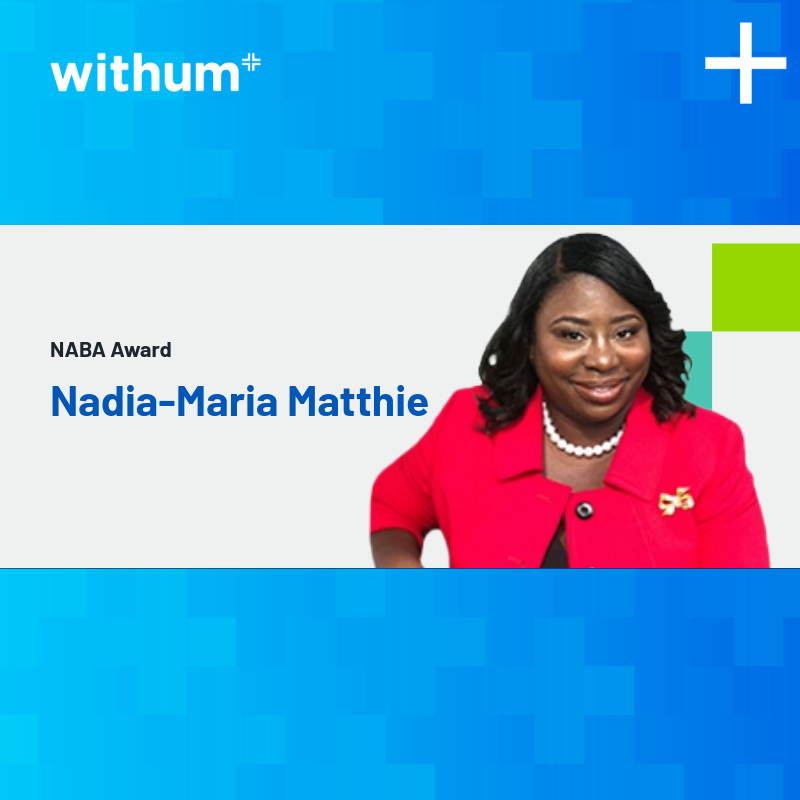Know Your Fiduciary Responsibilities
- Act solely in the interest of the Plan participants and their beneficiaries
- Carry out duties prudently
- Follow Plan documents
- Diversify Plan investments, and
- Pay only reasonable Plan expenses
Below are a few tips to make sure you are meeting your fiduciary responsibilities, which will also help ensure your Plan is running efficiently and in the best interest of its participants.
Document Your Processes:
Failing to follow your responsibilities can result in personal liability to the Plan. Documenting your processes to carry out your responsibilities or consider using a Service Provider to handle any responsibilities you are not comfortable assuming. Remember that you are required to monitor any Service Providers that you hire and should document your hiring and monitoring processes.
Get Bonded:
Make sure you are properly covered by a Fidelity Bond as required by ERISA. The required bonding amount is the lesser of 10% of the Plan’s applicable net assets at the beginning of each year, or $500,000, held with a corporate surety company that is an authorized surety on federal bonds. You can check the Treasury’s website to verify your bond is held with an authorized surety.
Make Timely Deposits:
Fiduciaries are responsible to remit participants’ salary deferrals into the Plan’s Trust in a timely manner. The Department of LAbor (DOL) requires that deferrals be remitted to the Trust “as soon as they can be reasonable segregate from the Sponsor’s assets.” Coordinate with your payroll provider to determine the earliest date you can segregate the deferrals, and set up (and document!) procedures to make deposits by that date. If there are any instances where the deposits are later than the normal deposit timeframe, make sure to document the reasons for the late remittance and conclude whether further action is required.
NEED MORE INFORMATION?
If you need more information regarding this or any other topic affecting your retirement plan, visit our Withum ERISA Knowledge Corner online, follow us on Twitter at WSB_ERISA or contact us at [email protected] to arrange a free consultation today.
The information contained herein is not necessarily all inclusive, does not constitute legal or any other advice, and should not be relied upon without first consulting with appropriate qualified professionals for your plan’s individual facts and circumstances.


